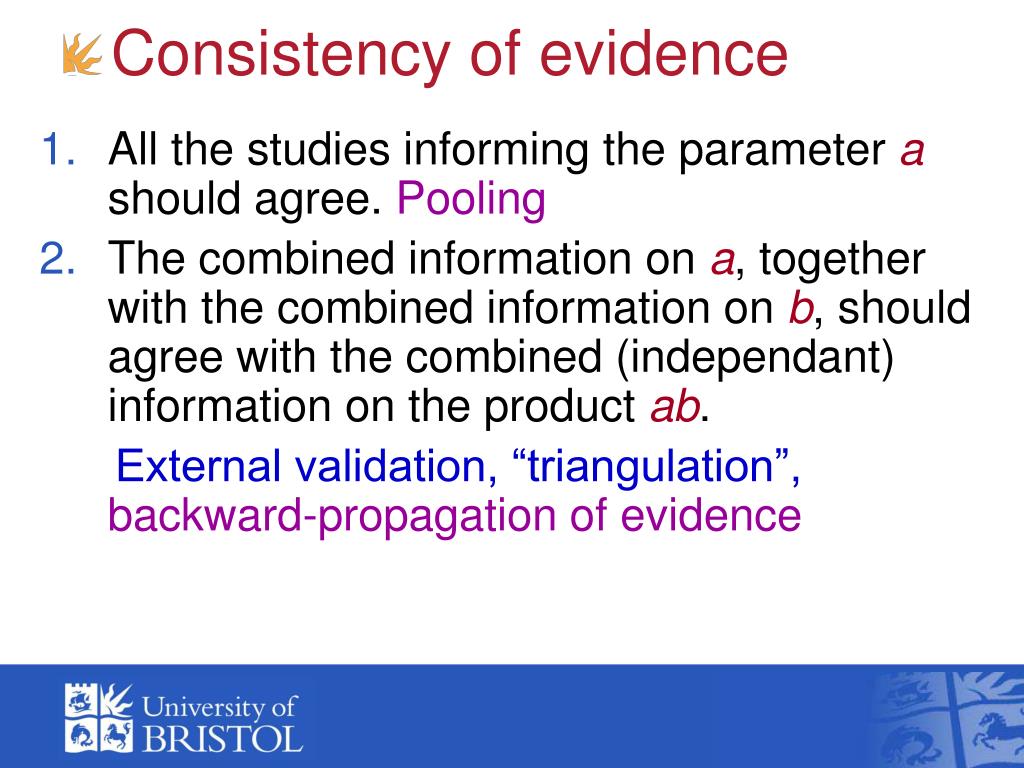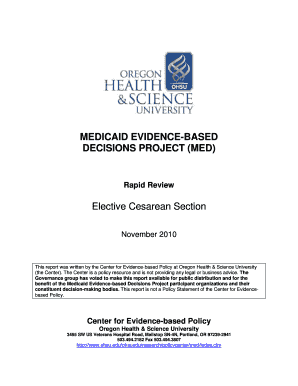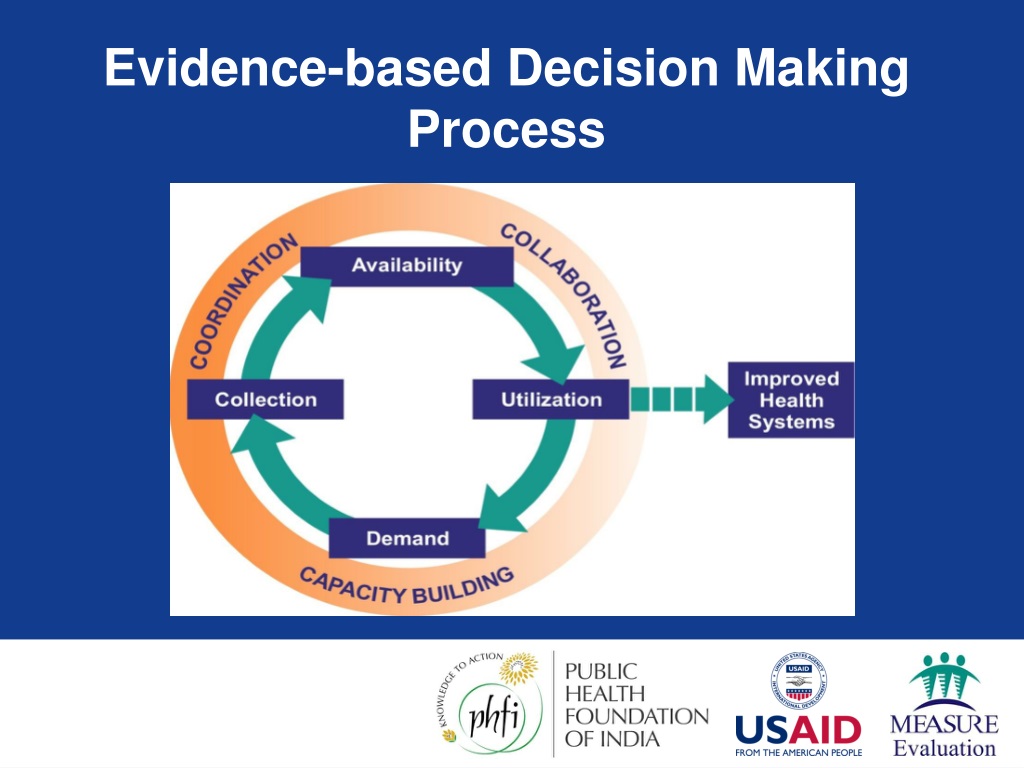

There’s a saying in medicine that decisions were once made by GOBSAT: good old boys sat around a table, pontificating about their own (usually biased) opinions. “Any step towards being able to demonstrate that and bring about change on the basis of what people are telling us and what data that we find is something I’d like to see.Misinformation - such as the idea that the antimalarial drug hydroxychloroquine can prevent or treat COVID-19 - has flourished during the pandemic. “We have been in the evidence-generation process for a long time, promoting evidence-based research to help inform government policy, including experiential evidence, when making decisions” says Menon. The qualitative evidence gathered for the study will augment quantitative evidence made available in annual federal reports on MAID. “Our aim is to provide a comprehensive and clearer understanding of MAID delivery and practice across the country.” “With this project, Health Canada is investing in understanding the evidence and making a concerted effort to gather impartial data to inform policy decisions,” Stafinski says. “The process is flexible in order to accommodate each patient’s needs including cultural, ethnic and religious practices around death, and accommodating a particular illness such as ALS or cancer,” she notes. Project co-lead and unit director Tania Stafinski explains that while there are model practice standards for MAID setting out eligibility criteria, procedural safeguards and reporting requirements, much can be learned from the experiences of individual Canadians. The team will seek participants through groups such as the Canadian Association of MAID Assessors and Providers and Dying with Dignity Canada, and will also do a social media blitz to reach others. Second, the team will seek to understand the experiences Canadians have had with MAID, both positive and negative, through interviews, surveys and focus groups. First, a scan will be done of all existing MAID programs across the country including policies, processes, key challenges and promising practices for addressing them. The project will be carried out in two phases.
#Evidence based decisions how to#
“Our task is to produce robust information on MAID delivery and review mechanisms,” explains study co-lead and professor Devidas Menon, noting that the unit’s reputation extends beyond Canada.Įstablished in 2005, the seven-member team in the Health Technology & Policy Unit has previously examined issues surrounding orphan drugs, robot-assisted surgeries, how to reduce surgical wait times and ways to improve patient access to electronic medical records for Alberta Health, Health Canada and other government health agencies. This research is another important milestone in our continued efforts to ensure MAID practice in Canada operates in a consistent and safe manner across the country.”

“The University of Alberta’s project will provide valuable data regarding MAID delivery across the country and the experiences of Canadians who request MAID. “Medical assistance in dying is a complex and deeply personal issue for many Canadians,” says federal health minister Jean-Yves Duclos. Health Canada is funding the Health Technology & Policy Unit within the School of Public Health to undertake the two-year, $560,000 project.


Now a University of Alberta team of researchers has been asked to study how MAID is being delivered across the country, connecting with patients, families and providers about their experiences. That’s because while the 2016 legislation that allowed medical assistance in dying, known as MAID, is a federal law, it’s up to the provinces and territories to provide health-care services in their jurisdictions. In some Canadian provinces, people who choose to receive medical assistance in dying can only access it on evenings and weekends, whereas in other provinces it’s only available on weekdays during business hours.


 0 kommentar(er)
0 kommentar(er)
